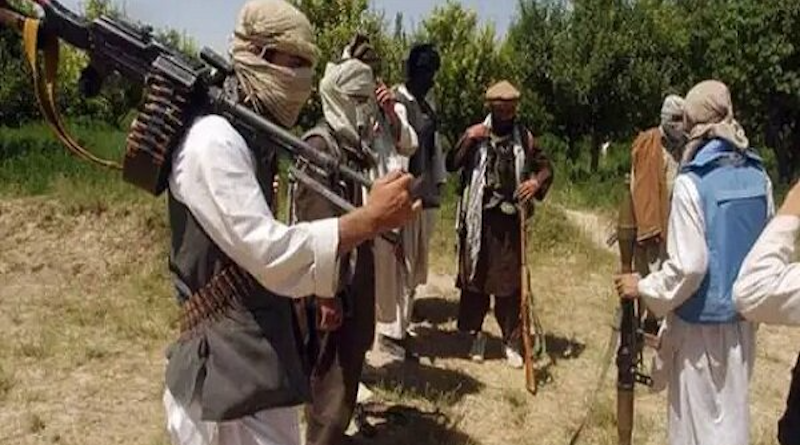TTP’s Presence In Afghanistan: Impact On The Region – OpEd
By Iqra Awan
The Tehrik-i-Taliban Pakistan (TTP), also known as the Pakistani Taliban, is a militant group that has been active in Pakistan since 2007. Its main goal is to establish a strict Islamist state in Pakistan and implement Sharia law. The group has been responsible for numerous terrorist attacks and has frequently targeted civilians and government officials.
In recent years, the TTP has extended its presence into Afghanistan, where it has formed alliances with other militant groups, including the Afghan Taliban. The TTP’s presence in Afghanistan poses a significant threat to the stability of the country and the wider region.
For more than a decade, the Tehreek-i-Taliban Pakistan (TTP) has maintained a presence in Afghanistan in varying degrees of intensity. This presence has not only expanded the group’s operational space but has also underlined the complexity of the conflict in Afghanistan. This paper will examine five key aspects of TTP’s presence in Afghanistan: its origins, strategies, targets, impact on the Afghanistan-Pakistan relationship, and its current state of operation.
The TTP was established in 2007 as an umbrella organization for disparate militant groups in Pakistan. The group’s primary objective was to enforce Sharia law in the country and challenge its government’s alignment with the US-led war on terror. However, after significant losses in Pakistan, TTP established bases across the porous Afghanistan-Pakistan border, from where it has continued to launch violent attacks against the Pakistani government and security forces.
TTP’s presence in Afghanistan is marked by several strategies. One of these is exploiting the tribal and ethnic realities to establish support networks among the Pashtun population in southern and eastern Afghanistan. Under the leadership of Mullah Fazlullah, the TTP continued to recruit militarily trained Pashtuns in Afghanistan to mount more deadly and coordinated attacks in Pakistan. Additionally, the group has also been involved in joint operations with other militant groups against the Afghan government and US-led coalition forces in Afghanistan.
The TTP’s targets in Afghanistan have historically been limited to the US and NATO troops, but the group has resorted to targeting Afghan civilians as well. In 2014, TTP claimed responsibility for killing 132 students and injuring 125 others at a school in Peshawar in northwestern Pakistan. The group claimed that the attack was to avenge the military’s operation against its strongholds near the Afghanistan border. However, the attack also deepened the divide between Afghanistan and Pakistan, with Islamabad accusing Kabul of harboring TTP militants.
The TTP’s presence in Afghanistan has further complicated the already strained relationship between Pakistan and Afghanistan. Islamabad accuses Kabul of providing TTP with safe havens inside Afghanistan, including training and logistical support. Since 2017, Pakistan has escalated its policy of using force to target TTP hideouts in Afghanistan, resulting in multiple border incidents between the two countries, with each side accusing the other of violating national sovereignty.
While TTP remains active in Afghanistan, it has suffered a significant reduction in its operational capability, as well as leadership losses in recent years. After the death of its leader Mullah Fazlullah in a US drone strike in June 2018, the group’s leadership was left in disarray. Moreover, the Taliban’s growing military offensives and territorial gains in Afghanistan have weakened TTP’s influence on ground operations. However, the threat of TTP resurging in Afghanistan remains, as long as the border region between Afghanistan and Pakistan remains a contested space.
In conclusion, the TTP’s presence in Afghanistan is a reminder of the complex dynamics at play in the region. The group has exploited ethnic and tribal divides and collaborated with other militant groups to expand its operational space. Its targets have ranged from US-led coalition forces to Afghan civilians, resulting in escalating hostilities between Pakistan and Afghanistan. Despite leadership losses and reduced operational capability, the threat of TTP resurging in Afghanistan remains, highlighting the enduring challenge of stabilizing the region.
Iqra Awan is a Mphil Fellow at Quaid e Azam Unversity, Islamabad.

